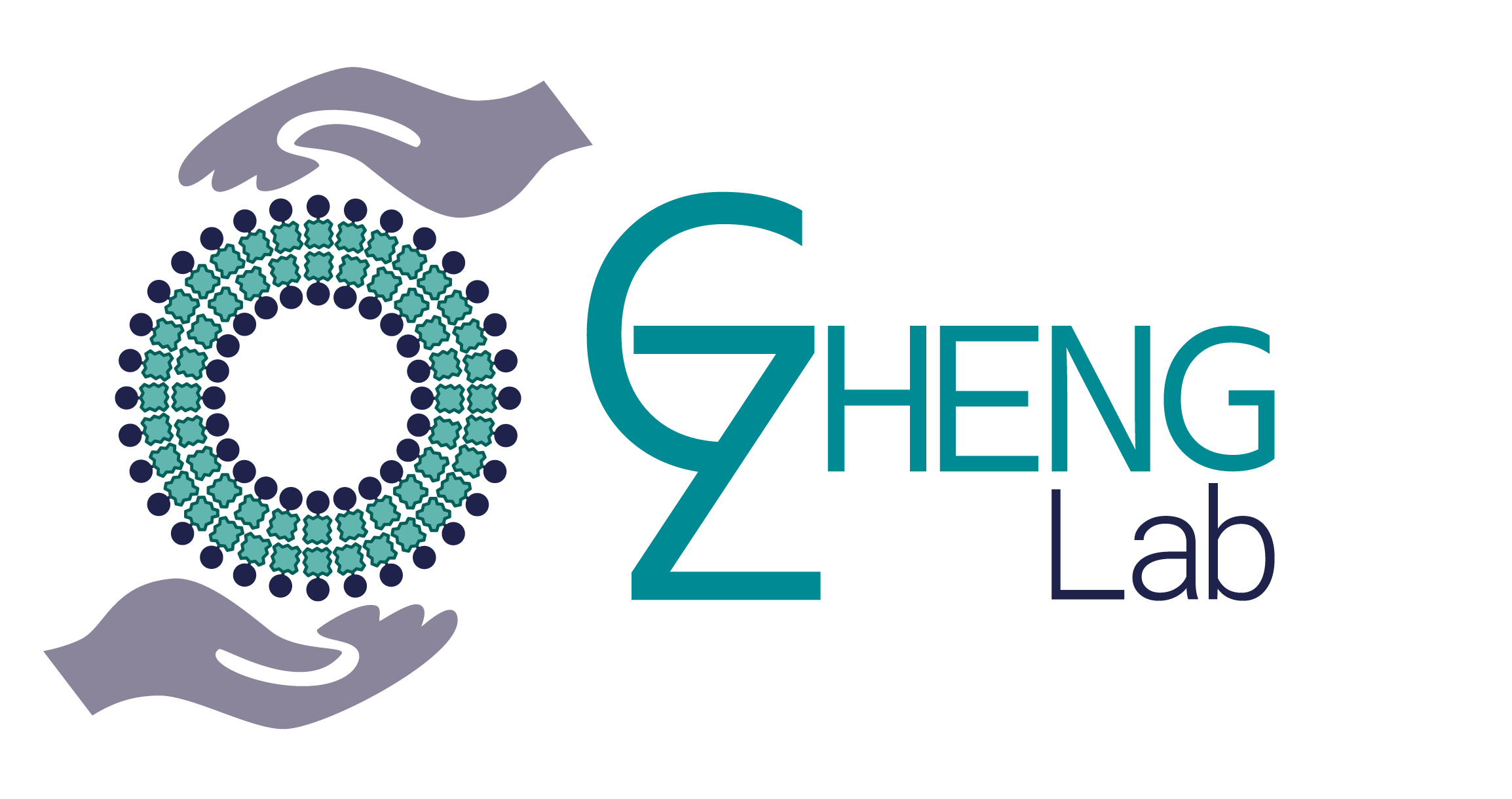Yang M, Chen J, Cao W, Ding L, Ng KK, Jin H, Zhang Z & Zheng G
Nanomedicine, 2011
Research in the development of nanoscale drug carriers primarily focuses on maximizing drug delivery efficiency to tumor tissues. However, less attention has been given to minimizing drug toxicity to non-targeted cells to enhance therapeutic selectivity. Aim: Herein, we report on the use of a newly developed high-density lipoprotein-mimicking peptide–phospholipid nanoscaffold (HPPS) to deliver a lipophilic drug, paclitaxel oleate (PTXOL). Method & Results: The formulated PTXOL HPPS (120:1) drastically increased therapeutic selectivity by reducing cytotoxicity of PTXOL to nontargeted cells. Using mice bearing targeted (KB) and nontargeted (HT1080) tumors as models, we demonstrated that tumor volume of nontargeted cells was decreased to 57% by PTXOL treatment but increased to 1220% by PTXOL HPPS treatment. However, upon treatment of paclitaxel, PTXOL and PTXOL HPPS, tumor volumes of targeted groups were reduced to 85, 50 and 63%, respectively. Conclusion: These data strongly suggest that HPPS can attenuate toxicity of anticancer drugs to nontargeted cells, resulting in cell-killing efficacy only on targeted cells.

Comments are closed, but trackbacks and pingbacks are open.